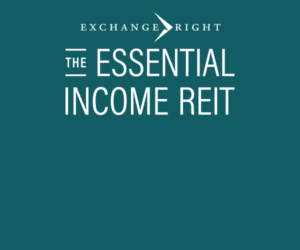Should REITs Worry About Section 1031 Repeal?
August 4, 2017 | Robert Beard | King and Spalding

One of the headline proposals contained in the Republican Party’s “Better Way” blueprint for tax reform was immediate expensing of business investments. Although the Blueprint does not directly address like-kind exchanges, commenters immediately began to wonder what role, if any, would be left for section 1031 (which allows taxpayers to defer gain on such exchanges) in a world of immediate expensing. Writing off the replacement property immediately for tax purposes is, in most cases, a better answer than deferring gain on the property disposed of, since the deduction for the write-off can generally be expected to offset or exceed any gain recognized on the disposition. Although section 1031 would still be an important provision for exchanges involving property not subject to the immediate expensing regime (such as land and possibly buildings), concern grew that the provision could be eliminated as part of a reform package.
While REITs do not usually pay corporate income tax, section 1031 is still an important tool for REITs for a number of reasons:
- If a REIT disposes of a property in a taxable sale, it must distribute to its shareholders an amount at least equal to its gain on the transaction or else be subject to tax. If the REIT is pursuing a strategy of organic growth, this required distribution could be a drag on the execution of that strategy. Section 1031 can help a REIT retain more of its capital.











